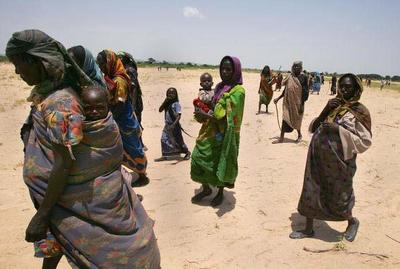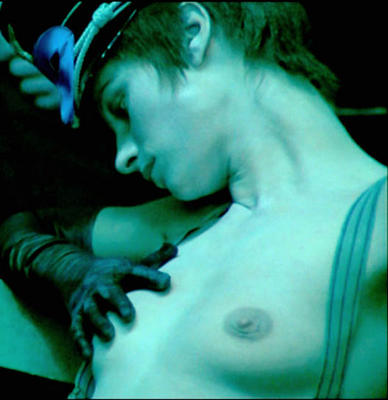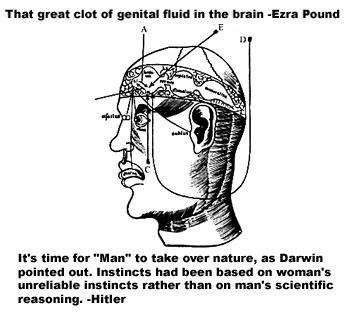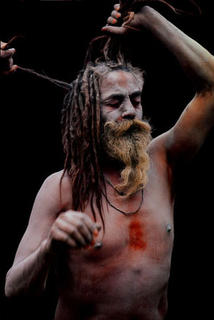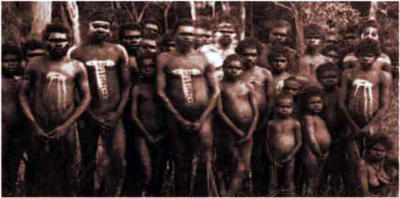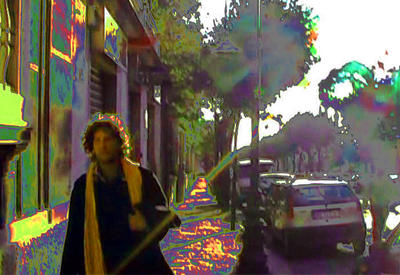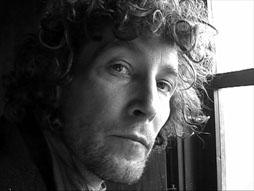Ending Eminem’s End: War Poetry/Liberation Poetry

I believe Eminem has decided to stop his touring, to renounce as it were his public life. Too bad because more than ever we are in need of poetry, of words that sound with the resonance of truth. I hope he comes back.
Poetry shapes the world. Ezra Pound (E.P.)
Words shape us. They create a shared reality. Television, newsprint, film and video, the computer, internet and now blogs: we have moved into the hyper-reality of video images flashing at the speed of light and millions of bloggers adding words to the communication mix. The question is, with this increase in technological savvy and its consequent explosion of words and images, are we more, or less, free? Are we communicating?
Yet today what we see are words in the service of ideology, a plague of conflicting ideas, of words enslaved to fixed ideas. It wasn’t always like this. Our development as a species was made possible only by the use of language. There is some interesting research which shows how our tool-building capacity and our use of language evolved together. Words as tools. Poetry as tool of liberation.
Poetry: A sort of inspired mathematics, which gives us equations, not for abstract figures,…but gives us equations for the human emotions. (E.P.)
We have an innate sense of the MAGICAL quality of words: poems, incantations, prayers, songs, mantras, even the Bible is supposedly a code of numerical meanings and truths. In older cultures the power of the spoken word was integral to the dissemination of history, knowledge and magic, of being. Now words fall flat, empty, or at worse are used to entice and enslave us to be good consumers, or words become the ammo of the corrupted and tiresome world of mainstream politics.
Poets: Unacknowledged legislatures of the world. Shelly
Isn’t that the battle today? Words, and from words, BEING. The problem with most words is that they become STATIC ideas. Where poetry should indicate and crystallize experience, should like odors from the kitchen lead us to the table where we eat, instead words and ideas are enclosing experience in word-boxes. We smell the putridness of ideas and forget we are hungry! And with this explosion of politicos, pundits and experts, (all with their blogs), words become like piranhas: they consume us, kill spontaneous life, pacify us, make free thought and free being impossible.
These words and ideas that tend to devour us can only fall upon minds already conditioned “to enjoy what they have been brought up to consider enjoyable, or what some essayist has talked about in [sweetly flowing] phrases… These minds think only ‘the shells of thoughts’, the thoughts that have been already thought out by others.” (E.P.) Words today fall on deaf ears; ideas fail to persuade because they are dead wood and only poetry can break these ‘shells’, can make ideas germinate anew.
Words today promote herd-thought. Led to the slaughter by words the voice of the gods and real magic have been usurped by demon shepherds who corral us into word-pens, or worse: a certain sheep is raised to be ‘an elected official’ who 'has the voice of the people' and takes the herd over the cliff.
How can poetry and words be revitalized and become tools for liberation and not oppression? If discourse today, from the left or right, from the politically correct or the compassionate conservatives, is unable to communicate or convince, it’s because it lacks the resonance of poetry.
Image is understood not as an idea but as a radiant node or cluster…a vortex from which, and through which, and into which, ideas are constantly rushing. (E.P.)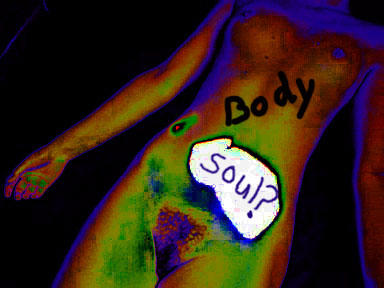
Words, and from words, images: they can transmute us from what we were, to what we are becoming. Images and the forms in which they are organized and constructed become living forces inside our consciousness, not only intellectual forces but forces at the level of feeling. What the poet perceives and lives intensely, perhaps more intensely than most, she tries, she must, communicate. Poetry gives us powerful and potent ideas that provoke feeling: realizations beyond mere intellect that conduct us to primal archetypal constructs of being, of real knowledge.
Poetry: An art vital only so long as it is interpretive.... (E.P.)
Come along follow me as I lead through the darkness
As I provide just enough spark that we need to proceed
Carry on, give me hope, give me strength
Come with me and I won't steer you wrong
Put your faith and your trust as I guide us through the fog
To the light at the end of the tunnel…..
Take us right through the doors.
Eminem, from “Mosh”
Can words show us how to live? Can poetry become an owner’s manual for enlightened social revolution?
Even HILTER was a master of word and image. But he was a masterful EVIL shepherd, who could get the herd to the feed-trough, and like Daddys everywhere, kept strict order at the table with the relentless use of fear. The question becomes then, how can poetry confront in a SIMILAR but fundamentally subversive, anarchic manner the foundational desires of the human soul. Where Hitler bottled, blocked and channeled words into closure, into death, we want instead to excite toward freedom.
Can millenniums of crusty habit, of herd-behavior be so easily upended? If it’s erotic, beautiful, exciting, liberating and free, and by free I mean it can’t be dirtied by money. That must be its litmus test: no money which means anarchy: and if we mean chaos by that word, OK: risking chaos, attacking every mental and social structure that is grounded in herd-authority.
Herd-sports, herd-hate, herd-war, herd-accumulation, herd-talk radio, herd-shopping, herd-drugs, herd-porn, herd-fashion, herd-TV, herd-Hollywood: take any herd-energy of today and ask yourself could poetry substitute and fill those needs satisfied by those herd-activities. Who among us herd-creatures can know what to feel today in this Babel tower of ideas, in this charnel house? Who is capable of looking into and seeing its many rooms and god forbid that we should truly feel the horror!
Poetry, or rather experience, guided by poetry, could shows us once again how to feel, how to unshackle true desire, how to end the reign of the TERRIBLE:
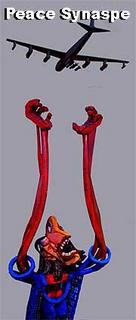 An uplifting plague, this crawling light, his erect anger, her true walls, such white pain, our red reason, one vertical beauty, many sexy works, the thrashing love, a thousand fat wishes, that green death, those turtle dreams, a larked poem, two zigzagging freedoms, a heaving song….
An uplifting plague, this crawling light, his erect anger, her true walls, such white pain, our red reason, one vertical beauty, many sexy works, the thrashing love, a thousand fat wishes, that green death, those turtle dreams, a larked poem, two zigzagging freedoms, a heaving song….
Liberation poetry: is it possible? Bomb Poetry?
Those two bombs of 1945, which they said ushered in PEACE, still echo: echoes that passed through Korea, Vietnam, Chile, the Falklands, Sarajevo, Bosnia; that vibrate now in Afghanistan, Iraq and the hundred other civil wars the world over; that echo still in the ghettos of the poor in revolt, in the hunger pangs in Africa or Brooklyn, in the suicided teens, in the depressed, and in the psychotics in the overfull madhouses. Echoes over echoes from millenniums past: of the clanging of amour and sword, of the sound of fist against body. Even in the thunder of storms that waken us in the night we imagine we hear the echoes of war. Yet not simply the war between brothers, men and nations but that one primal battle each of us wages in our own hearts, the battle against our one loneliness and one death. Instead of staring directly, nakedly into that abyss, of discovering there a common denominator that might unify humanity, that might bring forth compassion, empathy and love between peoples and even nations at war, we instead create structures and ideas, a world of NEGATIONS of that which we are: That peace of 1945 was FALSE. And we still live that falsity. We are creatures passing through, biding temporarily our time on this one earth. If we live then on this earth, as long as there is ONE war then there is no peace.
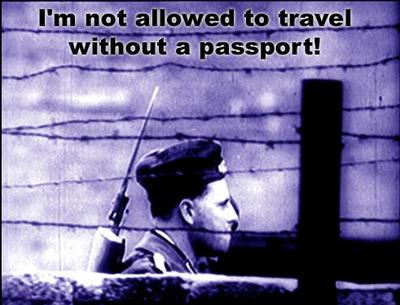
It is here thus that the word, that poetry, when it strives and reaches it highest and purest intensity- through its music, rhythms, forms and imagery- can return to us the basic truth of the miracle of communication, this miracle over death, overcoming the tragedy of life to remind us of our magical origin, transcending our “all to humanness” to sense our divinity. Poetry’s purpose is liberation from the dead wood of ideas: poetry as divine protest, that says no to violence, no to war.
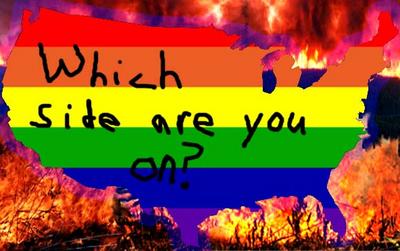



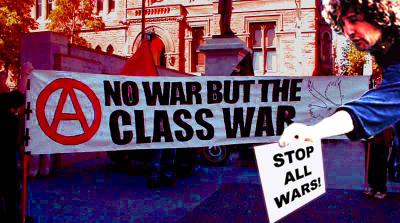

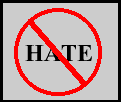






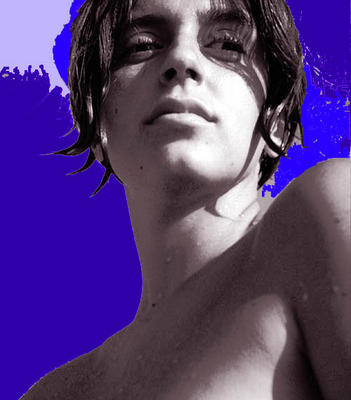

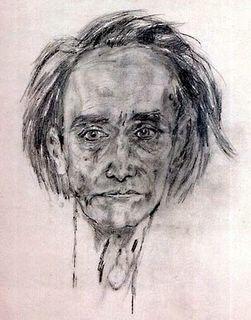 Antonin Artaud: Almost 80 years ago he was already critical of the tendency of film to follow a literary form, that is, successful only to the extent that it must be supported by words. A big fan of Charlie Chaplin he wanted, like in his theatre, a cinema “where psychology itself is devoured by action”.
Antonin Artaud: Almost 80 years ago he was already critical of the tendency of film to follow a literary form, that is, successful only to the extent that it must be supported by words. A big fan of Charlie Chaplin he wanted, like in his theatre, a cinema “where psychology itself is devoured by action”.
